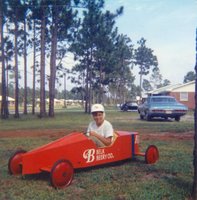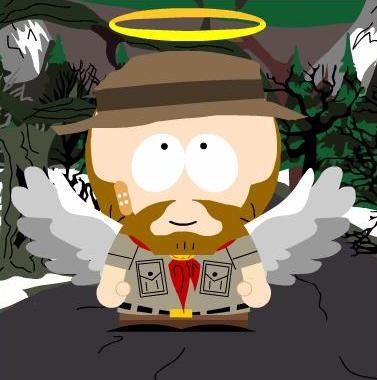The movie is set in a time when members of the royal family conspire against each other. With so many characters, the movie is confusing. Suriyothai life is paralleled by Srisudachan’s, who is like an evil twin (they even look alike and when you’re reading subtitles, you have to really concentrate to keep them apart). While Suriyothai is looking after the good of the people of Ayothaya, Srisudachan is plotting to bring her family back into power. It’s a time when many concubines have perfected the skill of poisoning. And then there are the executions, surreal beheadings in which the body stands upright for a second as blood shoots out like a geyser. Even more troubling is the beating death of a two and a half-year-old king. His death troubles many, but Suriyothai (or was it Srisudachan) justifies it saying its "better for one to die and save the kingdom." (Caiaphas couldn’t have said it better.) At least we’re spared the horrors of watching the child’s death. He was placed in a bag and beaten since royal blood wasn’t supposed to be spilled upon the ground.
Making up for not seeing the child’s death, we’re given a front row view of one of the king’s death from small pox. It’s not pretty. And I should say something about the bowing. When around one of higher status, they would lie at their feet, and would approach and depart in a bowed, hunchback style. My back hurt out of empathy.
Even though it is a bloody movie, there is much beauty in it. The ancient cities, the places and the temples are something to behold. Their dress, especially the royalty, is exquisite. And both Suriyothai and Srisudachan, in their bare shoulder outfits, have a way of looking out of the corner of their eyes that melts the hearts of princes (along with mine). The movie is rated "R." Although there are a few brief topless scenes, the beheading scenes alone were enough to put it over the top and assure an "R" rating. Even though there were lots of blood, the scenery was wonderful. I wish I'd seen this on the big screen. I recommend the movie if you're not squeamish, especially if you have an interest in Thai or Southeast Asian history.
I also finished reading Mark Kurlansky’s book, 1968: The Year that Rocked the World, (New York: Ballantine Books, 2004) last week, a book that got me to put down my memories of the year in four recent posts. Although ’68 was a violent year, it now seems tame when comparing it to 16th Century Thailand. Although I don’t want to go into detail about the book, feeling that I’ve already written enough about that year let me say a few things about it. Kurlansky looks at the global perspective of the year. Although it was a violent year in much of the world, it was also a hopeful year as people spoke out against injustices. Kurlansky’ hero for the year is Dubcek, the leader of Czechoslovakia. Dubcek stood up against the Soviet Empire even though he refused to fight when they invaded his country in August.
It is often forgotten that in 1968 Alexander Dubcek was the one leader who was unshakably anti-war, who would not contemplate a military solution even to save himself—a leader who refused to be bullied or bought by either communism or capitalism, never broke a treaty or agreement or even his word—and he stayed in power, true power, for only 220 exciting days." (page 376)
As of Kurlanskey’s villains for ’68, several would be in contention. Charles DeGaulle is one, Lyndon Johnson might be another, and Spiro Agnew yet another. There were many more villains than there were heroes that year. 1968 was an important year and its impact can be felt on the modern world. Kurlanskey’s book provides a good foundation in what was happening in the world, not only in the United States, but also around the world.



